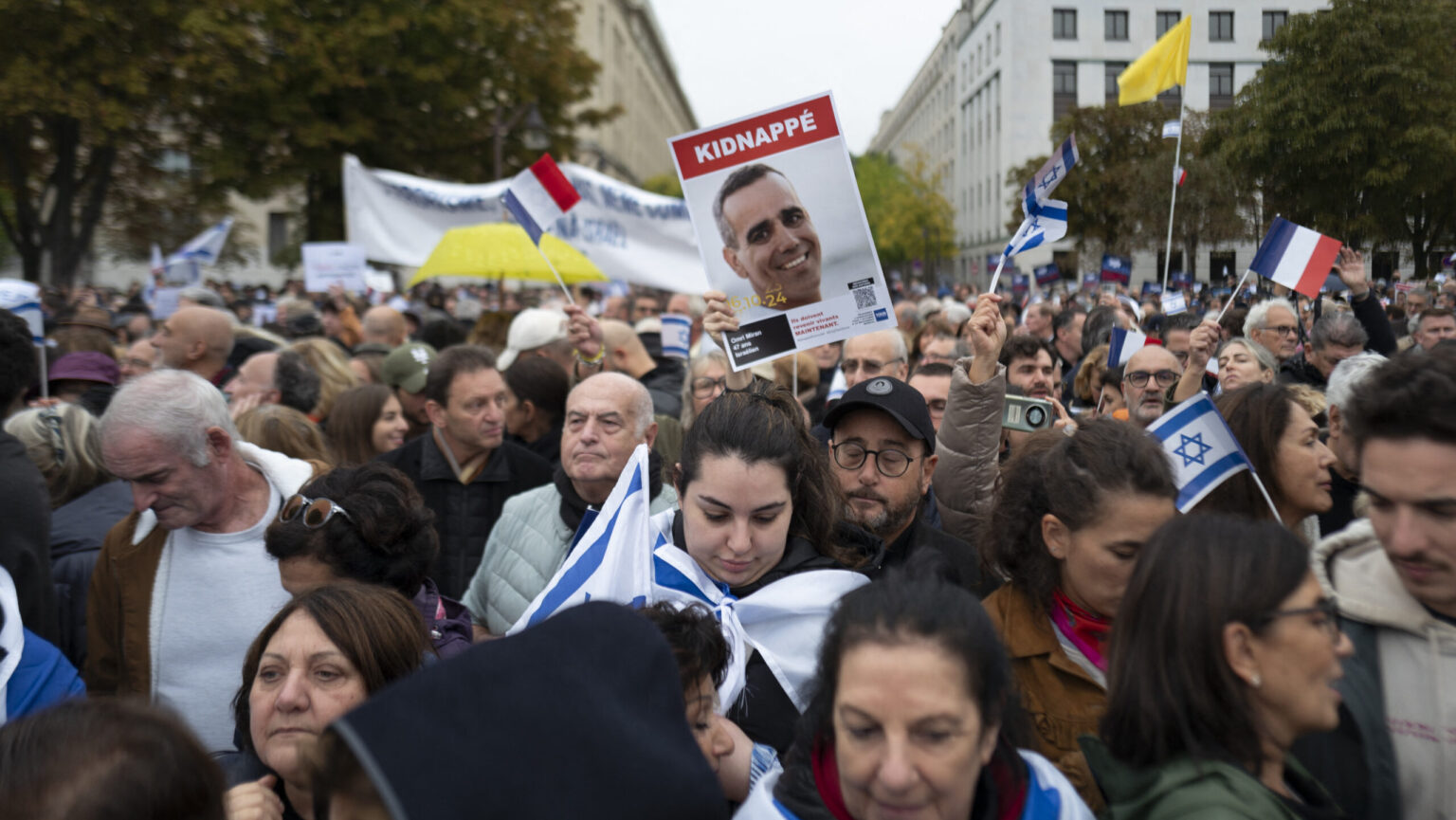
As the Israel–Hamas ceasefire deal enters force, Hungarian Minister for Foreign Affairs and Trade Péter Szijjártó announced that Omri Miran, a Hungarian Israeli hostage held in Gaza, will be released during the second phase of the agreement.

The protagonist of the 2024 film The Brutalist is brilliant architect László Toth, who leaves Hungary in the aftermath of the Holocaust to rebuild his life in the United States. While Toth never existed, his character is based on two great Jewish Hungarian pioneer architects: Marcel Breuer and Ernő Goldfinger.
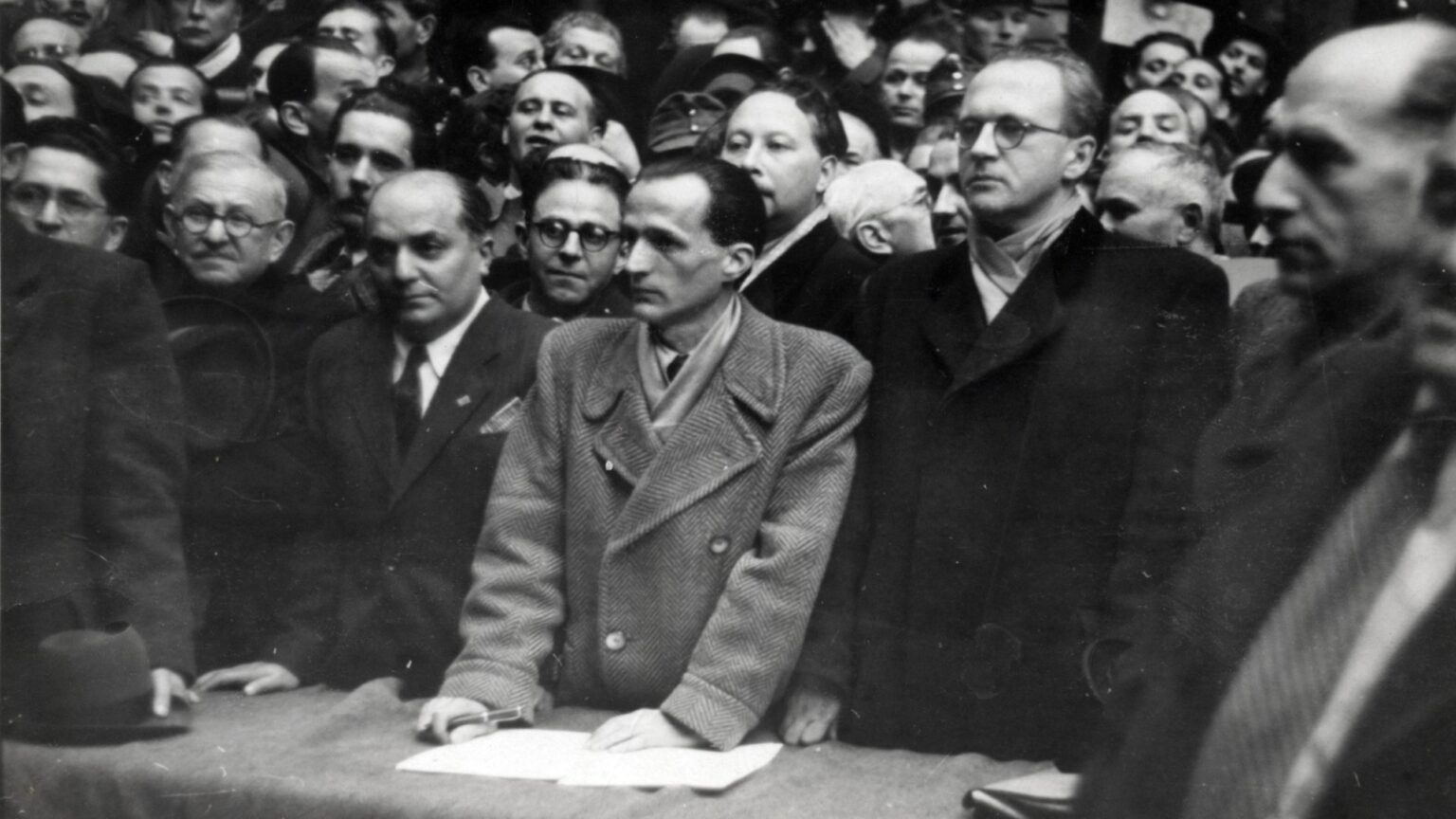
People’s Courts were special judicial bodies in Hungary set up after WWII, operating between February 1945 and 1 April 1950, established primarily for the purpose of prosecuting war criminals. However, they became the controversial instrument of a regime change originally intended to be democratic, sometimes abused to exact personal revenge.
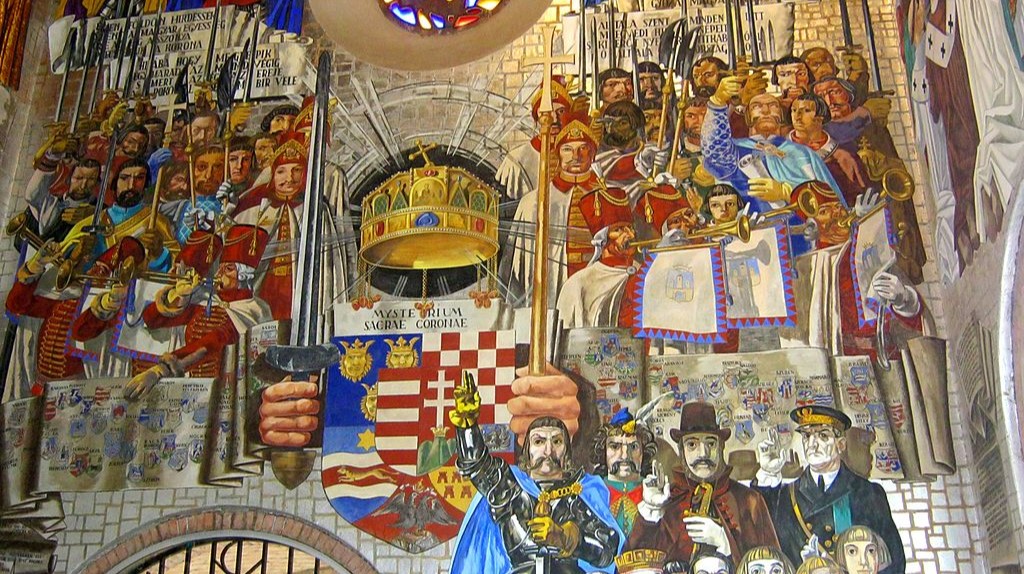
‘After the expulsion of the Turks, Fehérvár could not regain its medieval importance…It was the festive year of St Stephen in 1938 that restored the town to its status as the number one St Stephen’s memorial site. The newly completed ruin garden, the dedication of the royal tomb and, last but not least, the extraordinary session of the Parliament here which legislated the national holiday of 20 August made it a unique year in the life of the city.’

‘By maintaining a flexible and multi-vector foreign policy, Hungary can remain a keystone state, mediating between various global powers while safeguarding its economic and strategic interests against the uncertainties of a shifting global order.’

How did a Jewish 1956 revolutionary become an informant in the Kádár regime, even reporting on his own wife? A tragic story with unexpected twists and turns from the era of retaliation after the revolution.
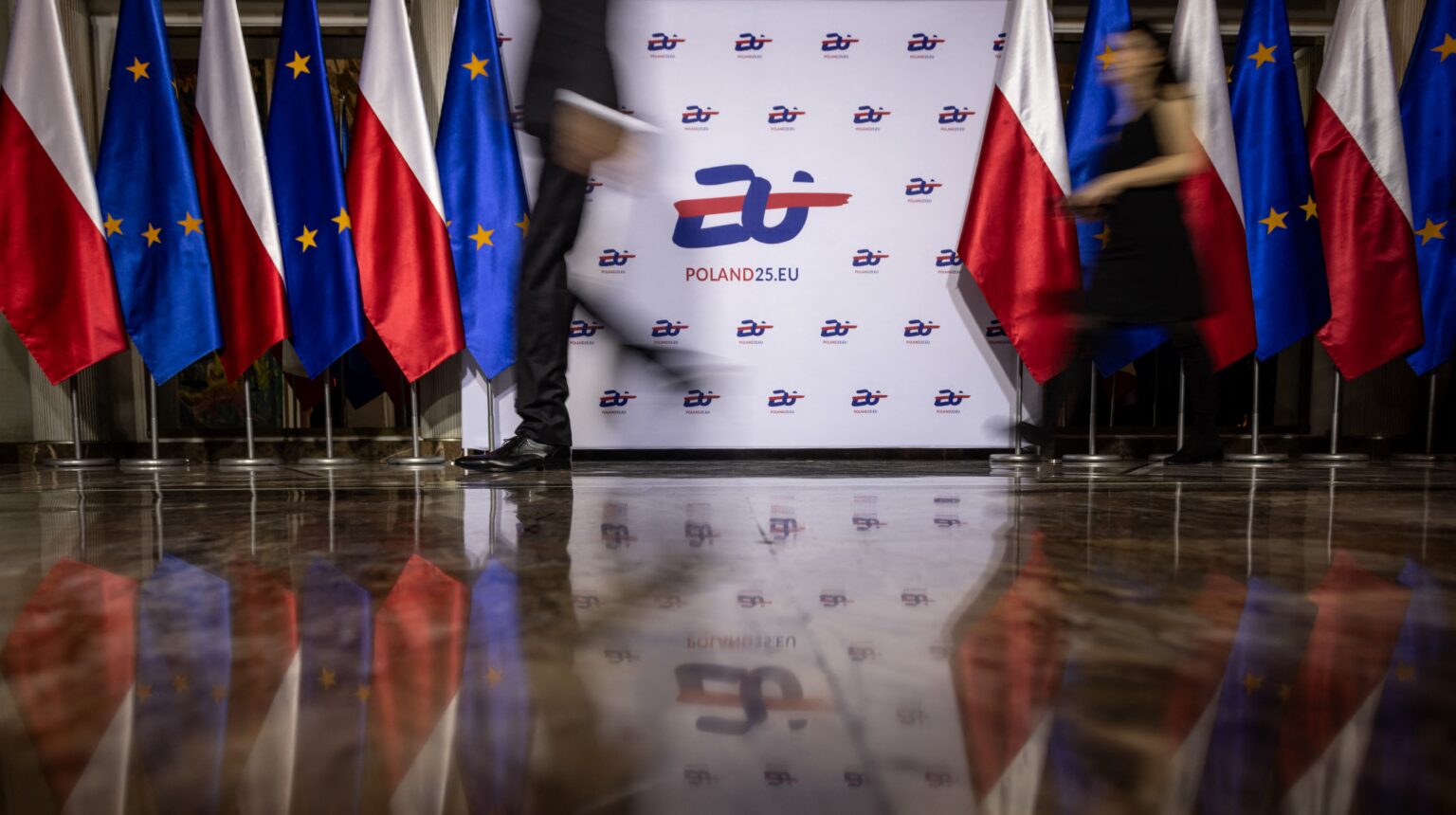
Poland aims to prepare Council conclusions on a European energy security strategy in the next six months, with the main objective of its programme being to fully divest from fossil fuels from Russia.
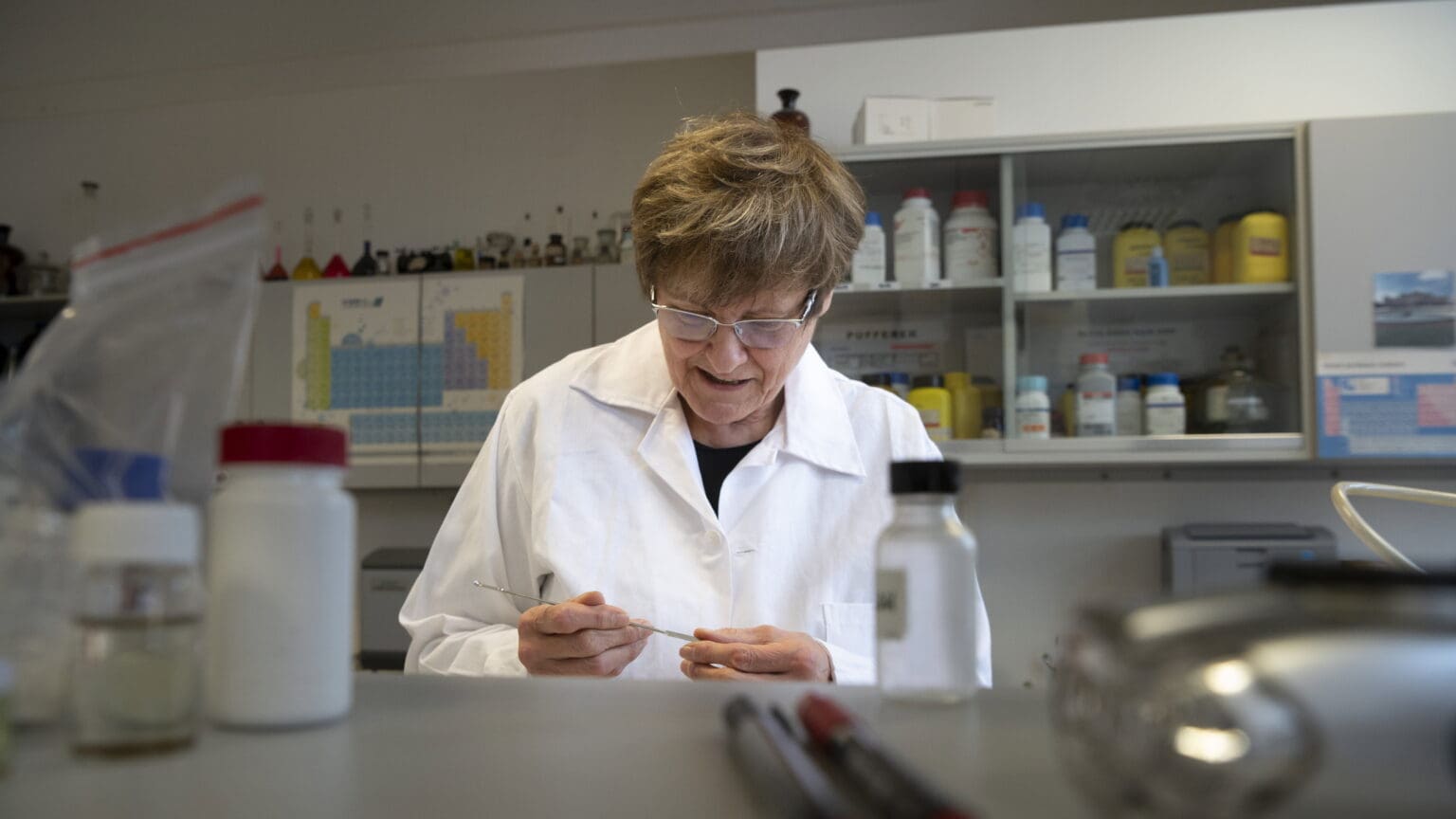
Katalin Karikó received the Nobel Prize in Physiology or Medicine in 2023 for her contributions to developing the COVID-19 vaccination. The great Hungarian American biochemist, who is currently teaching at the University of Szeged in her home country of Hungary, is celebrating her 70th birthday today.

While the Western mainstream has launched an all-out assault on Elon Musk, Patriots for Europe has invited the American billionaire to lecture at the European Parliament on free speech. If anyone understands what it means to be suppressed by the mainstream it’s PfE, currently behind a cordon sanitaire in the EP, barred from holding chair and vice-chair positions in committees.

City Councilor Thu Nguyen in Worcester, Massachusetts has been refusing to show up to meetings in person despite the urging of Mayor Joseph Petty. She claims she feels ‘unsafe’ due to the transphobia of other Council members who have misgendered her. Nguyen prefers to be referred to by the pronouns ‘they/them’.

In 2024, the Budapest Zoo and Botanical Garden reached a milestone, welcoming over 1.1 million visitors at its City Park location—the highest since 2003. Including the Margitsziget Petting Zoo, the total attendance soared to over 1.3 million, reflecting remarkable growth.
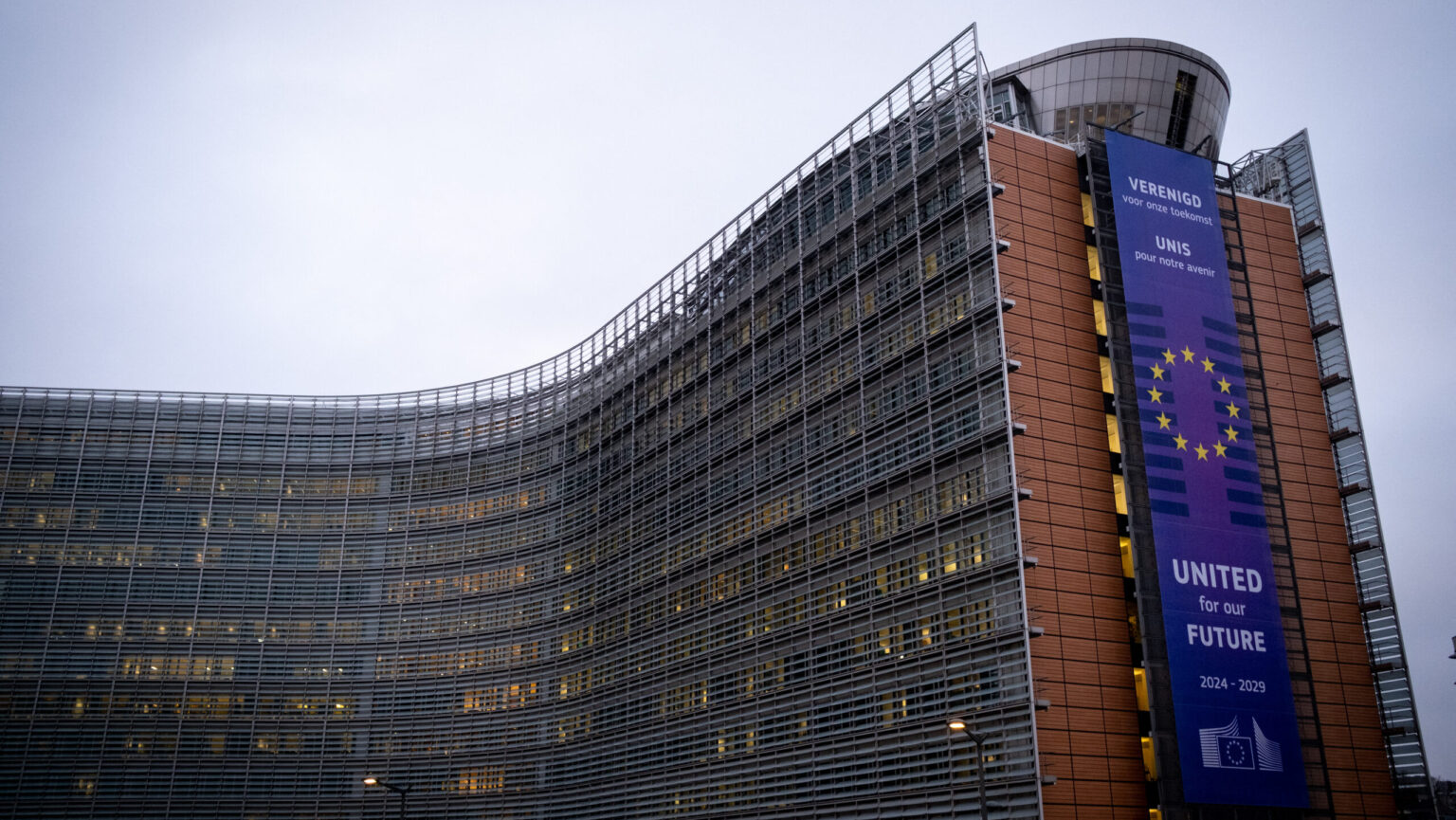
‘When Brussels’ antagonism was previously limited to Hungary and Poland, it was easier to frame Budapest and Warsaw as isolated cases. However, this narrative is rapidly collapsing. It won’t be long before Brussels finds itself in opposition to the majority of member states and the will of their electorates.’
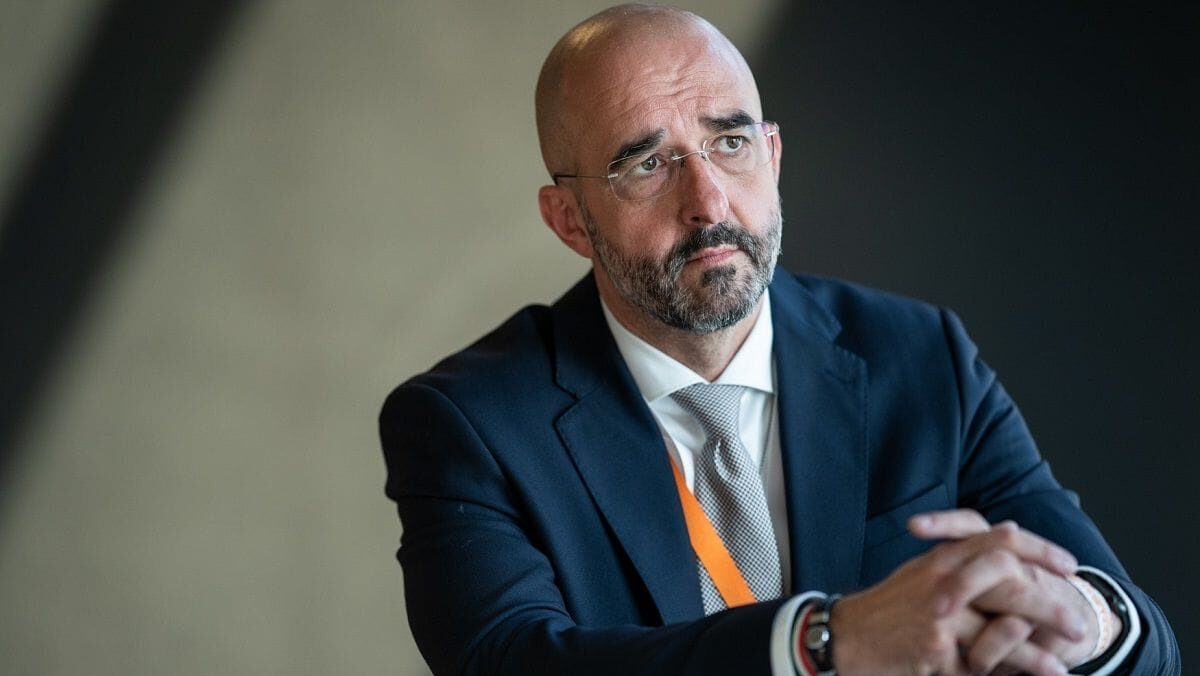
‘For Europe, openness has always been a competitive advantage, underpinning its prosperity and global influence,’ State Secretary for International Communication Zoltán Kovács highlighted in a recent interview with Eurasia magazine.
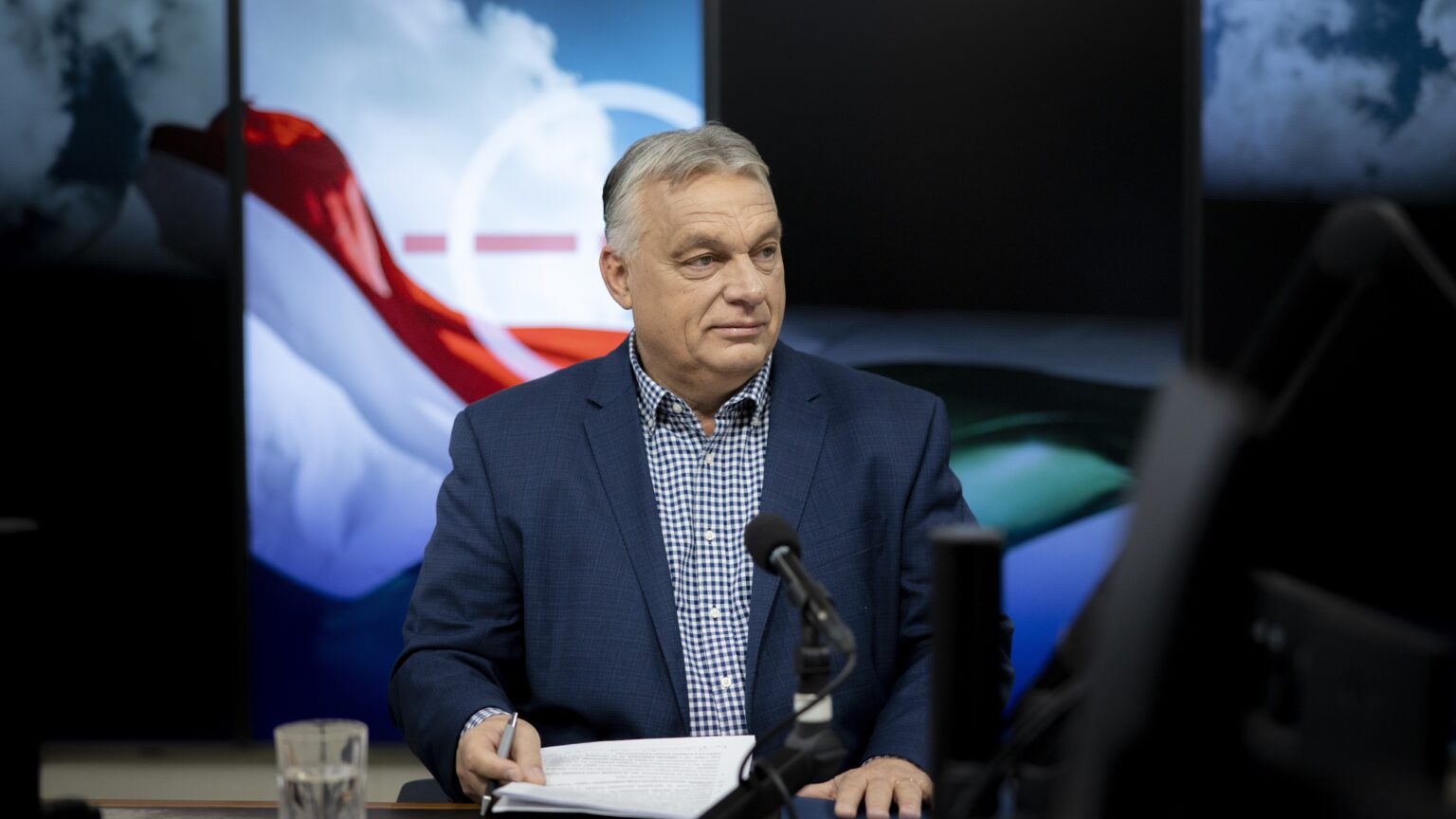
In his regular Friday morning interview on public radio, Prime Minister Viktor Orbán outlined plans for Hungary’s future, addressing challenges posed by globalist influences, economic priorities, and the changing geopolitical landscape, while stressing that a ‘golden age’ is coming regarding Hungarian–American ties under the Trump administration.

In the new, post-Assad chapter of Syria’s history Hungary will likely continue to emphasize humanitarian aid, regional stability, and the prevention of migration crises in its Damascus policy. The Hungary Helps Program, coupled with EU-led initiatives, makes Hungary a proactive participant in addressing the Syrian crisis and fostering the stability of the Middle East.

Hungary’s new reintegration project aims to help prisoners successfully rejoin society. With over 835 participants already engaged, the initiative offers vocational training, rehabilitation, and support to reduce reoffending and foster social inclusion.
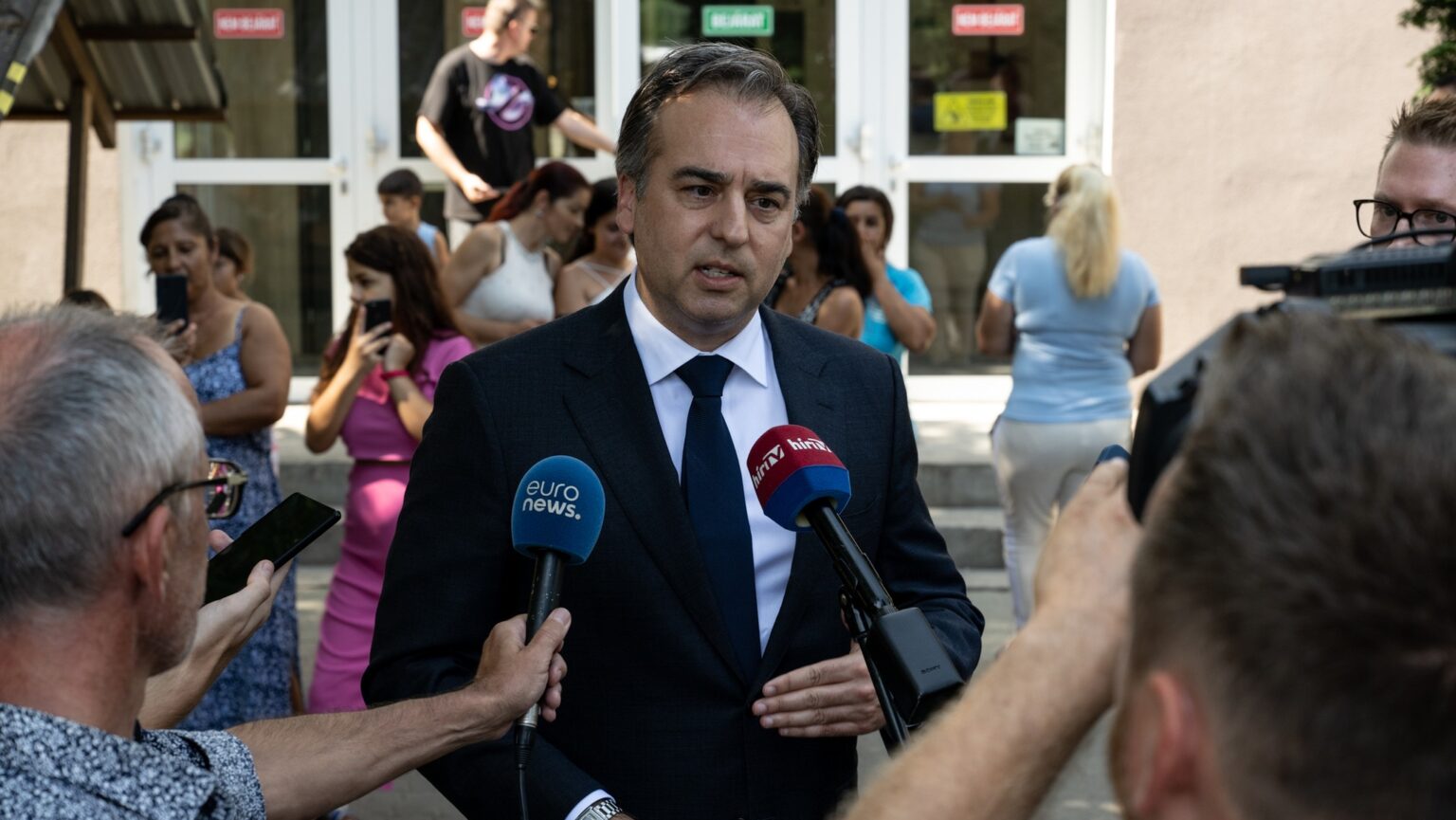
Even after stepping down as US Ambassador to Hungary, David Pressman can’t seem to resist his biased criticisms and false accusations against the Hungarian government. In a major interview with The New York Times, he exclusively discussed his claim that Hungary is not a democracy. Political director of the Hungarian Prime Minister Balázs Orbán, however, hit back with a clever response.
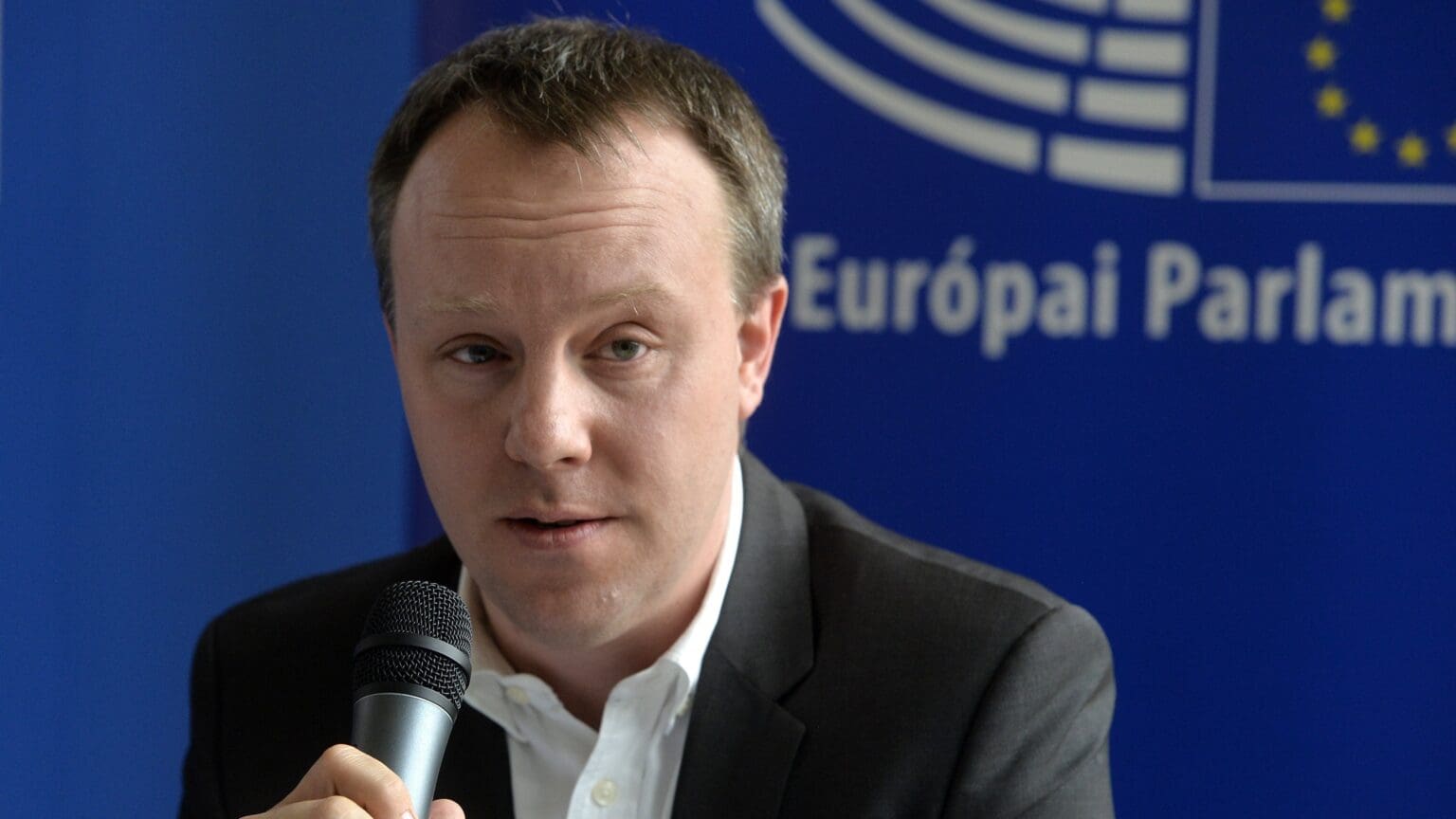
Hungarophobic MEP Daniel Freund mockingly posted several times about Viktor Orbán not being invited to Donald Trump’s inauguration next Monday. Freund obviously has no idea what he is talking about. Our commentary.

HungaroControl reached a milestone in 2024, managing over 1.1 million flights in Hungarian airspace—a 6 per cent increase from the previous year. This record underscores Hungary’s growing importance in European aviation.
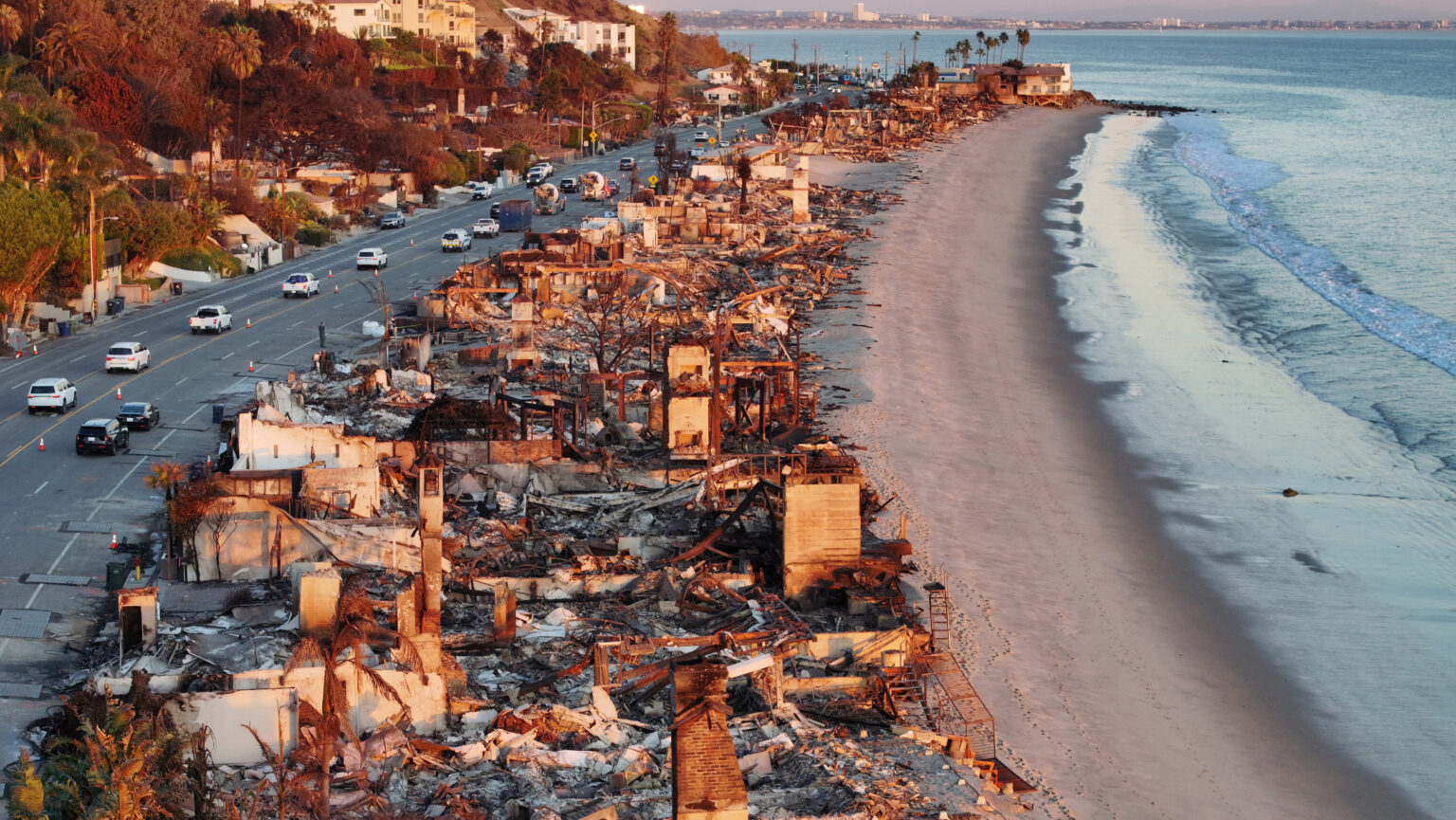
As devastating fires ravage California, the affected communities are in urgent need of assistance to evacuate, survive, and rebuild their lives. Éva Voisin, Hungary’s honorary consul in San Francisco, spoke with Hungary Today about the Hungarian community’s response to the catastrophe.
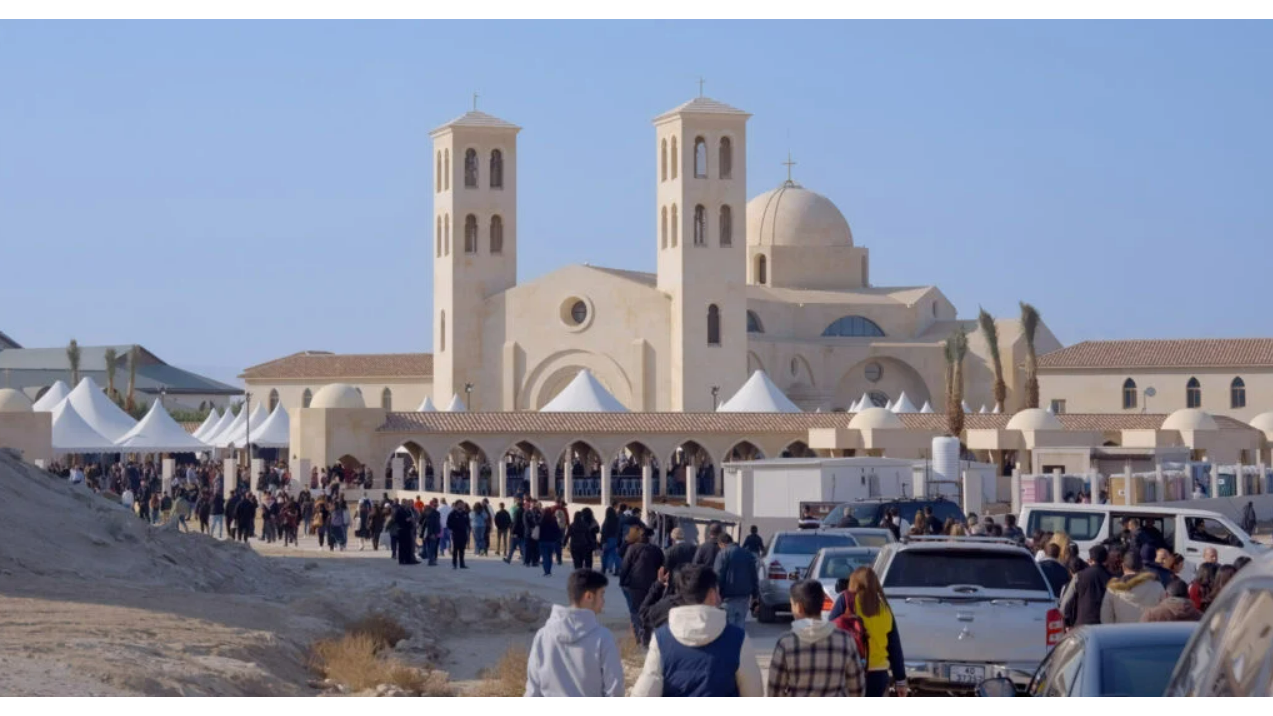
Hungary Helps, a humanitarian aid programme launched by the Hungarian government in 2017, has recently funded the construction of a new church at the site of Jesus Christ’s baptism by the Jordan River in Jordan. Hungary Helps focuses on oppressed Christians in the Middle East.

The European Space Agency (ESA) has signed its first deep-space data acquisition agreement with Hungary’s Puli Space Technologies. Their miniaturized neutron spectrometer, the Puli Lunar Water Snooper, will map lunar water ice concentrations on a historic mission.

The School in the Forest programme saw overwhelming interest, closing its registration within a day. This spring, 30,000 primary school students across Hungary will engage in forest education activities, focusing on sustainability and the wonders of soil.

US President Joe Biden and President-elect Donald Trump both claimed credit for the ceasefire deal reached between Hamas and Israel on Wednesday. However, third-party sources confirmed that Trump’s Mideast special envoy, Steve Witkoff, accomplished more to secure the agreement in a single meeting with Benjamin Netanyahu than Biden did over the past year.
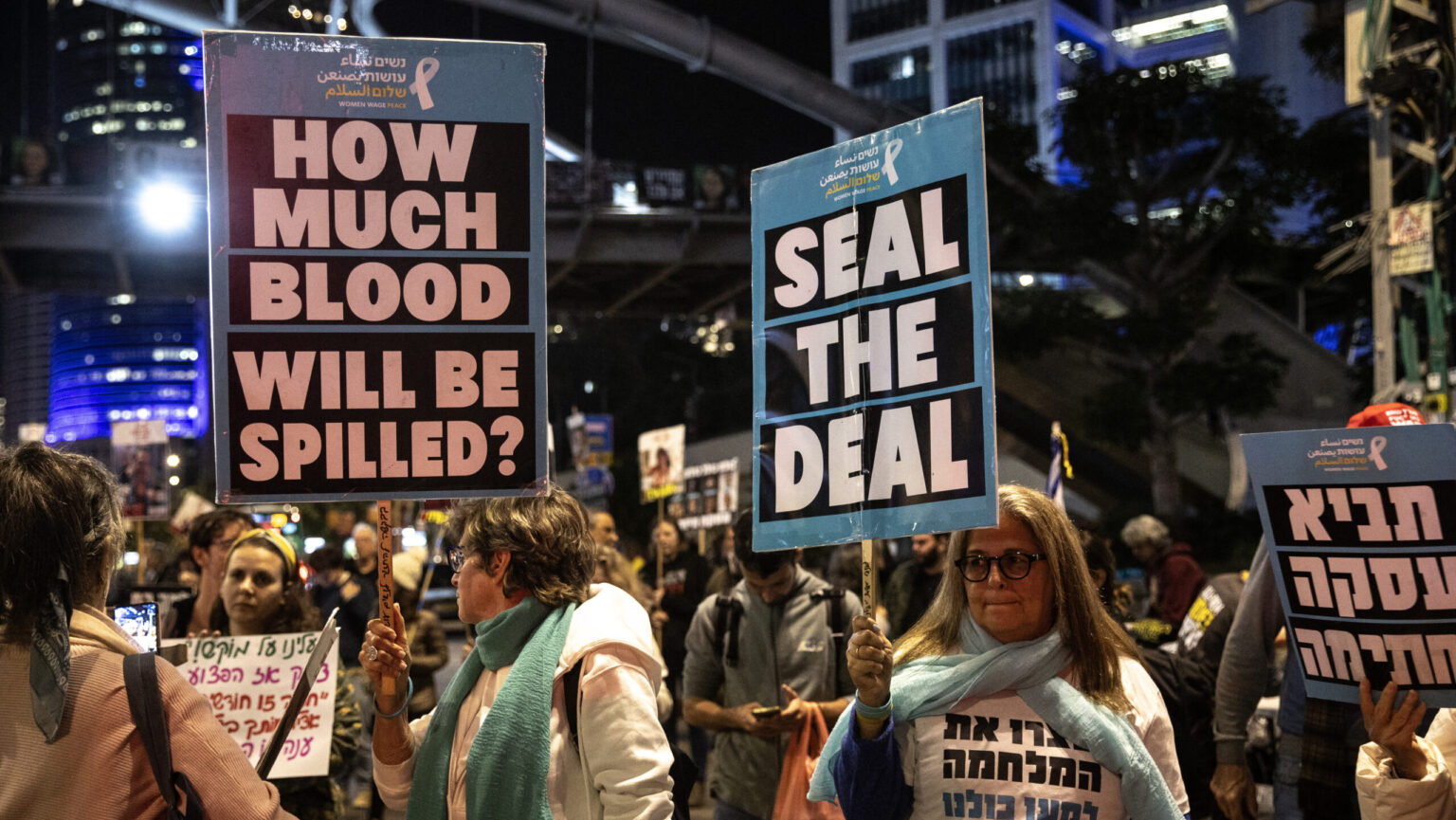
On Wednesday evening news broke that Israel and Hamas had reached a ceasefire deal. While the information was confirmed by US and Hamas officials, Benjamin Netanyahu clarified that the final agreement would be finalized overnight, while US President-elect Donald Trump pledged that Gaza would ‘never again become a terrorist haven.’
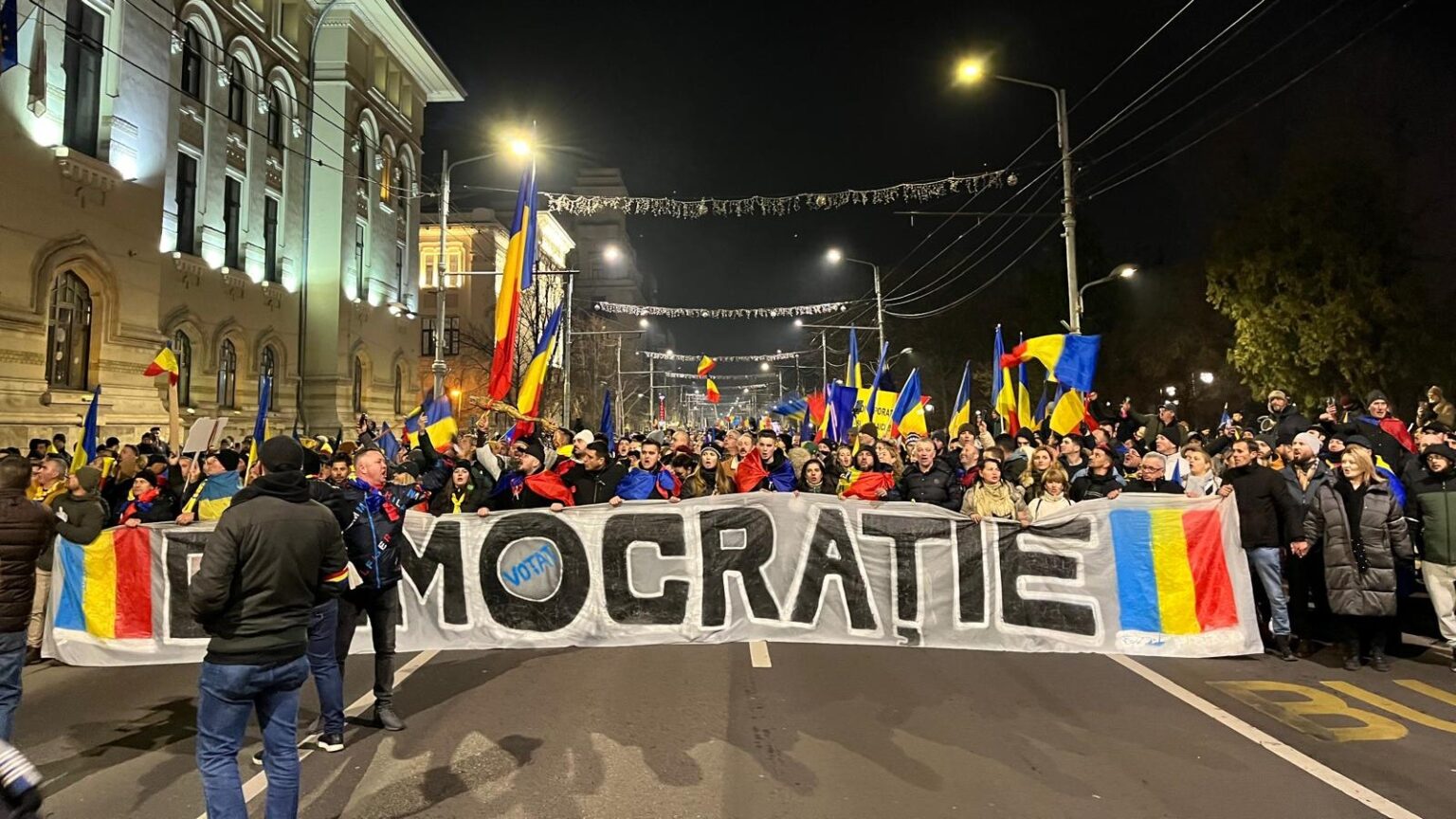
‘The more this happens, the more Europeans will realize that they do not live in truly free countries, and that what they have been sold is a falsehood. Those responsible for the economic stagnation in Europe, the insecurity, the loss of identity, the demographic decline, and the extreme polarization of societies have a name and a surname: the European Establishment.’
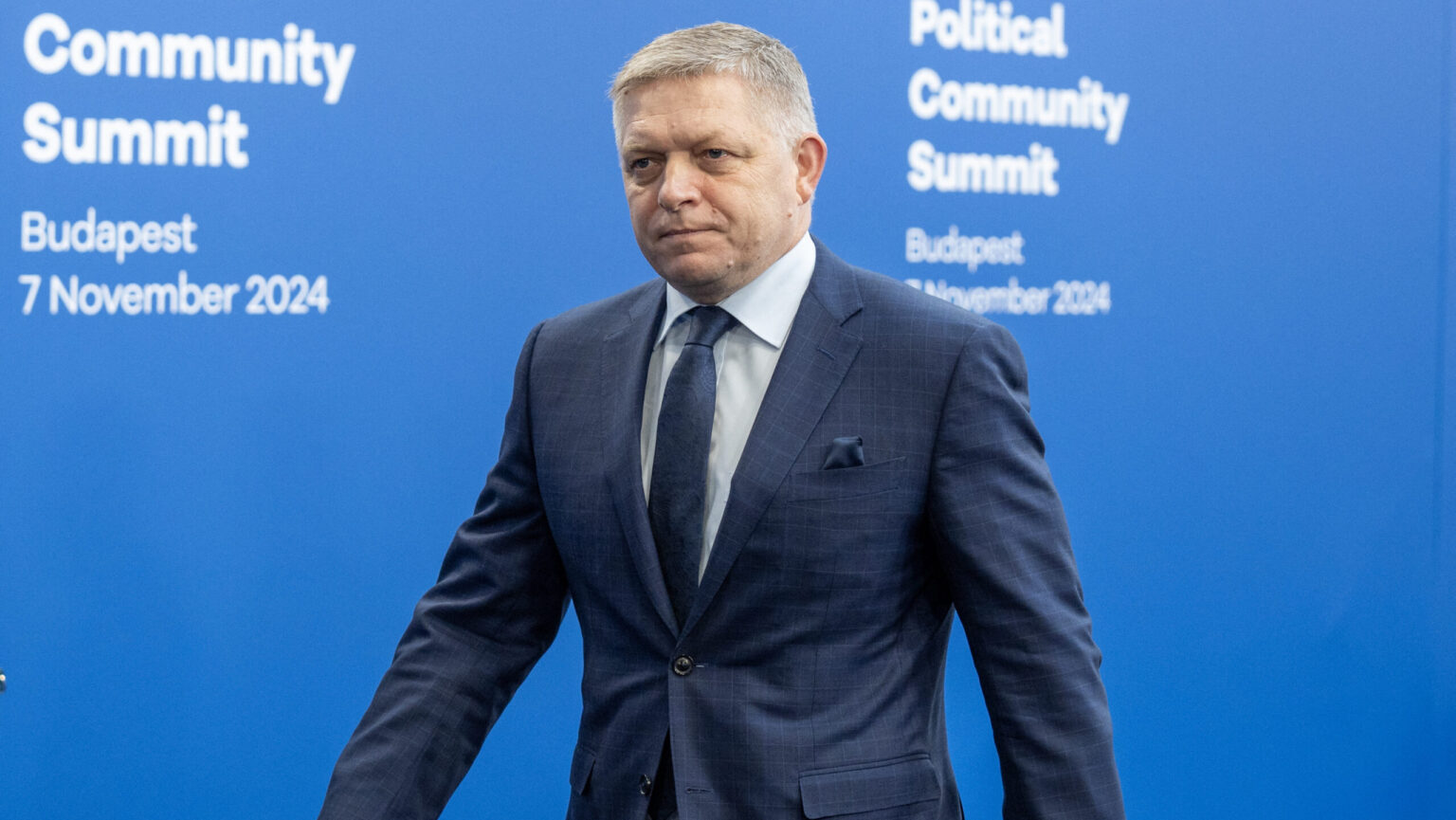
United opposition parties have filed a motion of no confidence against Slovak Prime Minister Robert Fico over his ties with Vladimir Putin and his pro-peace stance on the war in Ukraine. Fico, who survived an assassination attempt in May, has halted state-level weapon shipments to Kyiv and remains in constant conflict with Volodymyr Zelenskyy.
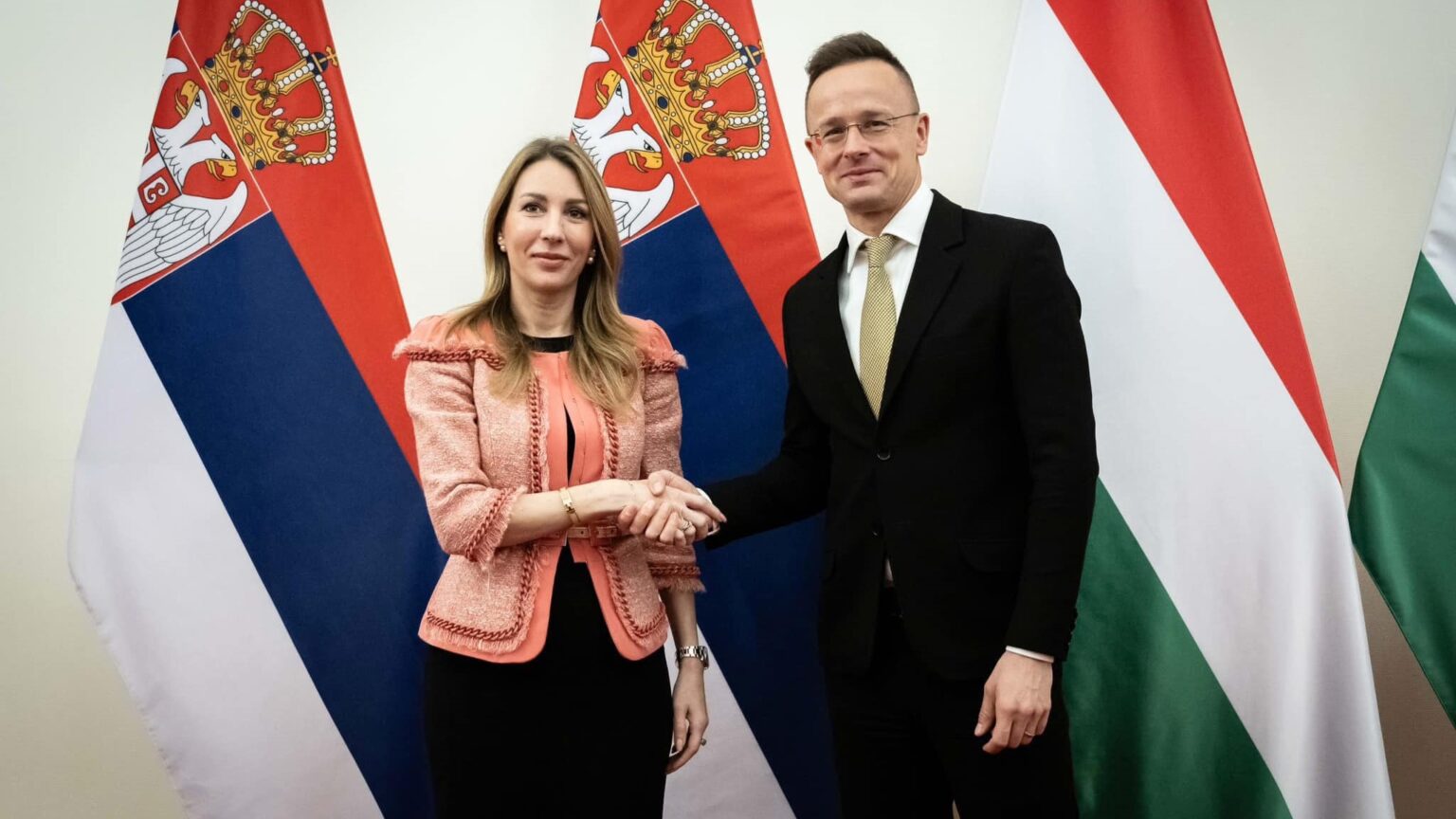
Minister of Foreign Affairs and Trade Péter Szijjártó of Hungary shared a Facebook post about his phone conversation with Minister of Mining and Energy Dubravka Đedović of Serbia. In it, he wrote that cooperation with neighbouring countries on energy policy is crucial in these times; and announced that the two countries have agreed to accelerate their joint energy security investments.
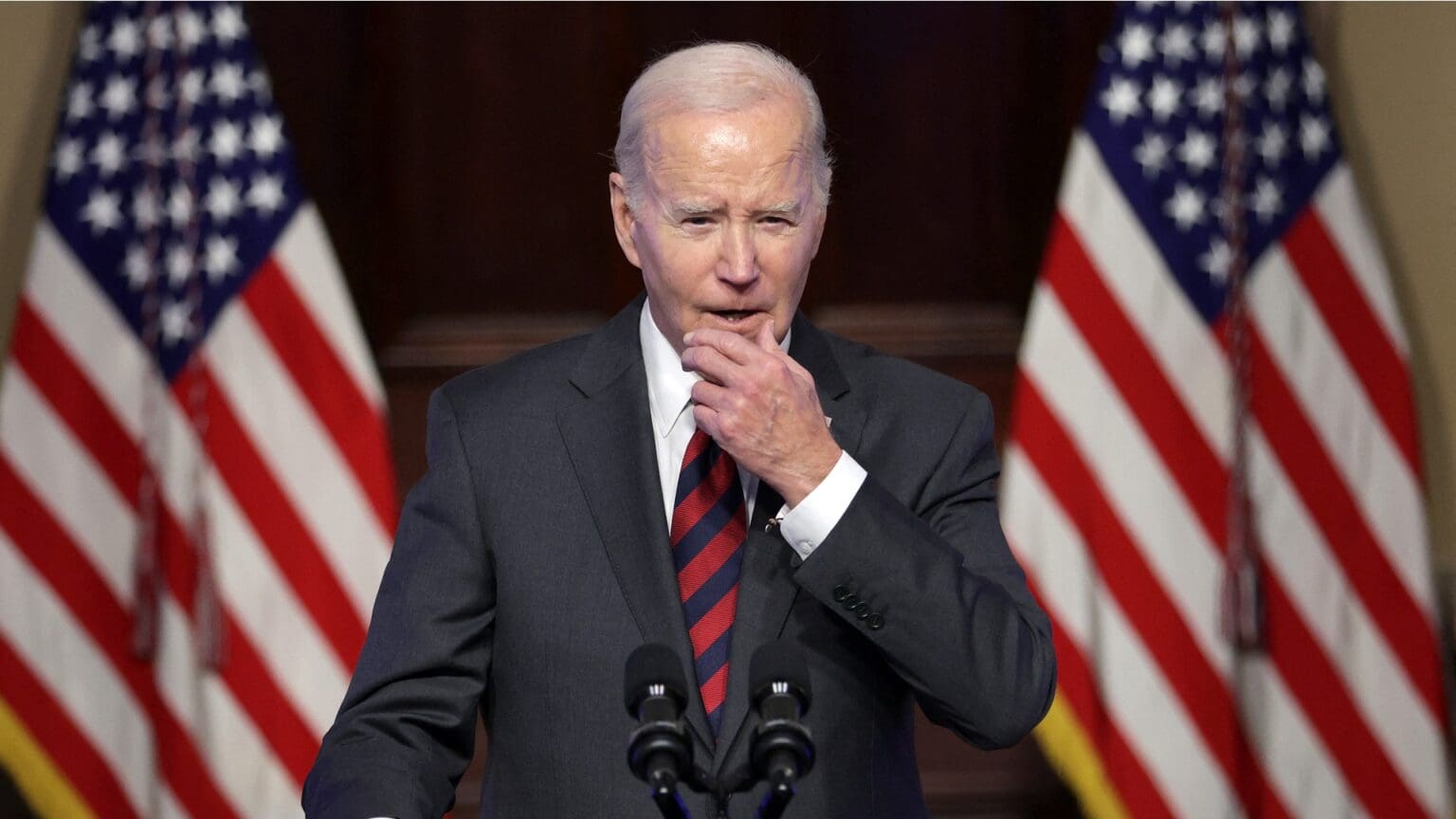
President Biden’s approval rating currently stands at 38.8 per cent in the RealClearPolitics polling aggregate, and at just 36.1 per cent in the FiveThirtyEight polling aggregate. Meanwhile, President Trump left office in January 2021—after the controversial Capitol riots—with a 41.1 per cent approval on RCP and a 38.6 per cent approval on 538.
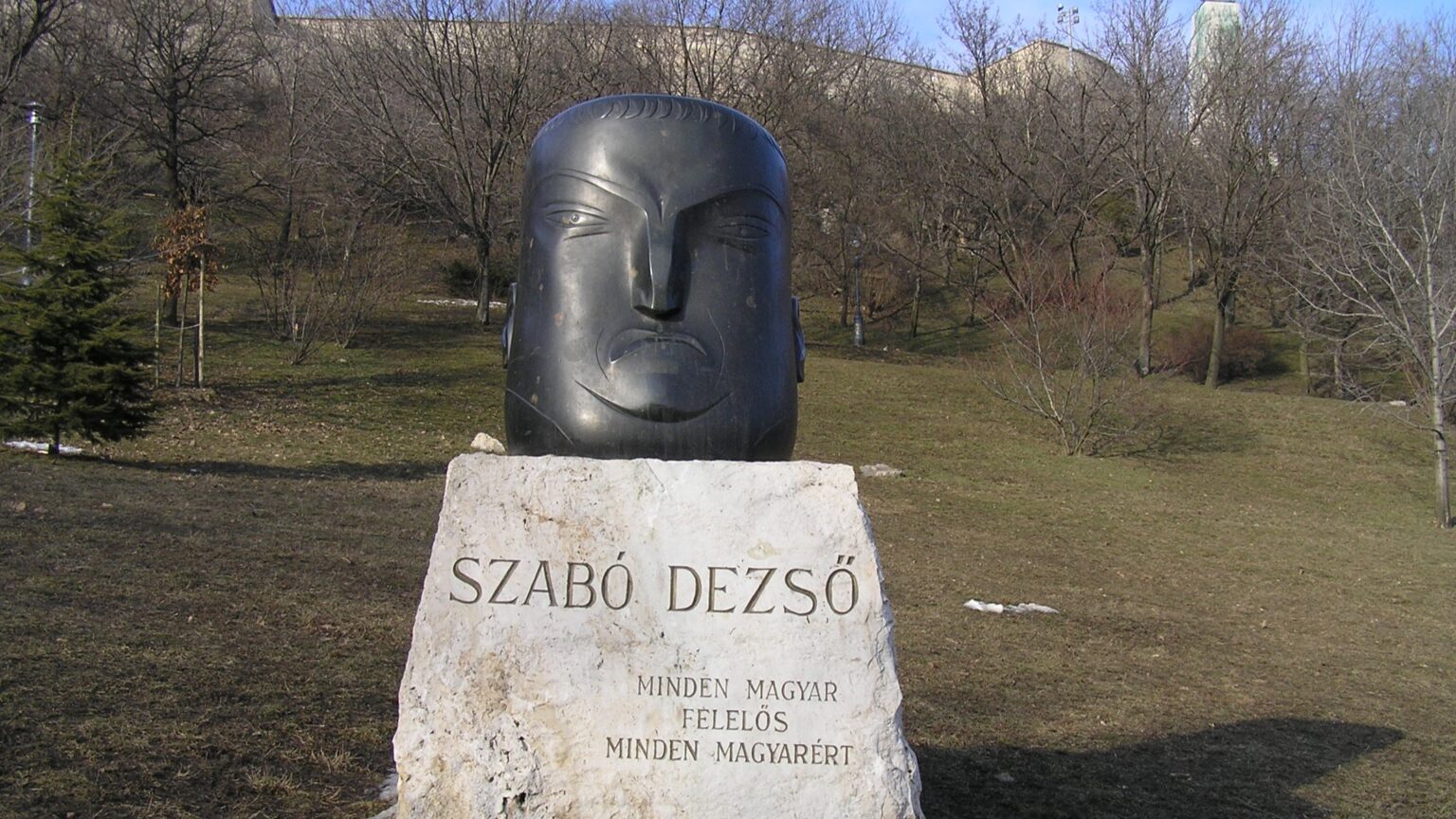
‘Few things better illustrate the antisemitic recycling of certain Jewish concepts than the quote attributed to Dezső Szabó, “Every Hungarian is responsible for every Hungarian.” Of course, a reader with some knowledge of Jewish tradition will immediately recognize the Talmudic origin of this quote: “kol Yisrael arevim zeh bazeh,” which means, “All of Israel are responsible for one another.”’